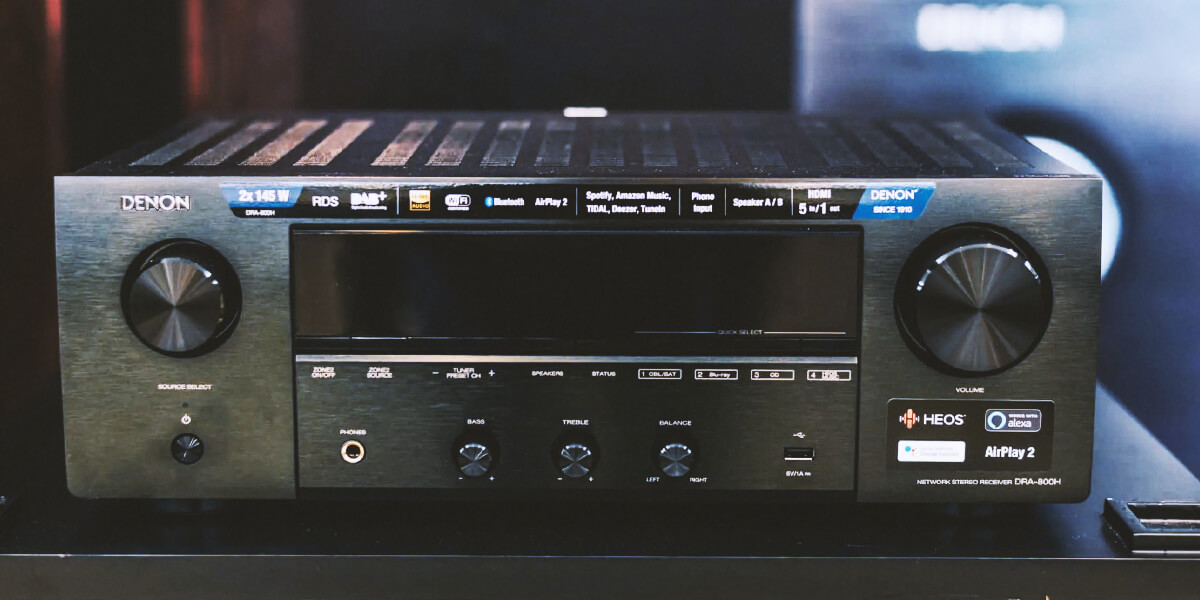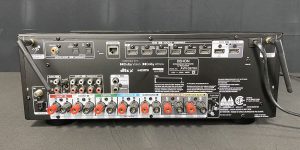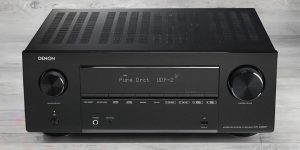The home theater AV receivers are arguably the most complex and feature-rich home theater component. Some even call it the very heart of the home theater. The AV receiver takes a central position in the system between the source (DVD or Blu-ray player, computer, media server, etc.) and a set of surround sound units (usually 5–7 speakers and 1-2 subwoofers). In most cases, even the video signal from the source is transmitted to the TV or projector via the AV receiver.
As you can see, without an AV receiver in a home theater or entertainment system, none of its components will communicate with others. Plus, a receiver offers a convenient management capability, letting you select source and target devices via a remote or app. Yet, still, there is a question – does a receiver improve sound quality? Well, the answer depends. But, more or less, it follows a simple logic—the more expensive the receiver is, the more efficient it will be.
What does a receiver do?
There are no unimportant parts of a home theater system, as every component plays its role. The final sound and video quality depend on all the components. In turn, the receiver holds a crucial role in this. But how? The receiver is the hub that receives and transmits all the signals between other devices in your home entertainment system. It lets you manage the setup and distribute source video and audio signals among the desired devices.
Ways an AV Receiver influences the sound quality
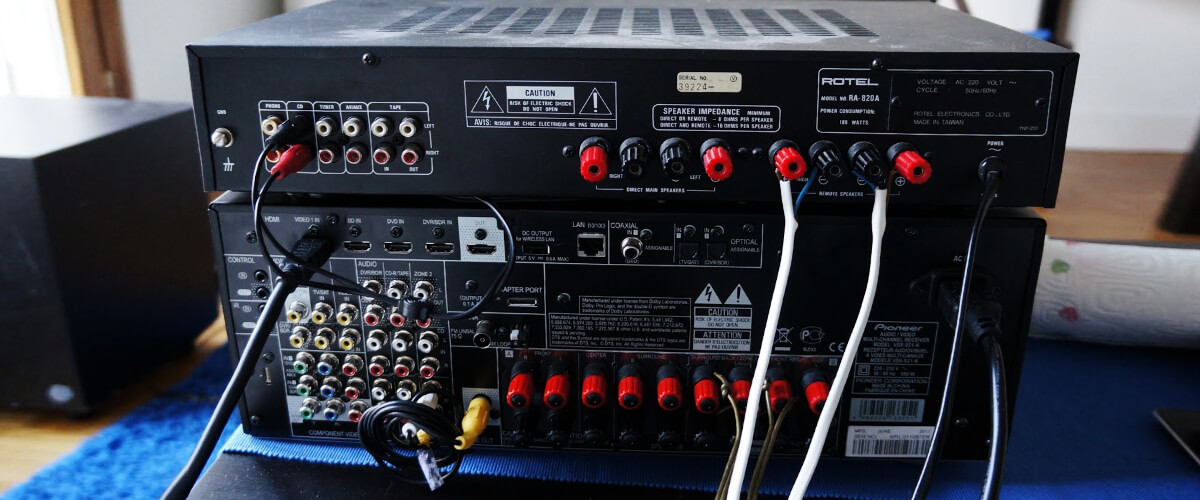
So, it is logical to assume that it depends on how efficiently the receiver decodes video and audio signals before distributing them to the target devices. An AV receiver has sophisticated components onboard, allowing it to decode video and audio signals into formats suitable for speakers, projectors, and TVs. It enables the unit to significantly improve the sound quality when, for example, compared with standard TV speakers.
Every surround sound format has its own peculiarities. Let’s take Dolby Digital as an example because most devices available on the market widely support this format. The movie that comes with this format is shipped with a special signal format that allows one to split the sound into 5.1 channels to give a surrounding experience. When you plug the standard HDMI into the TV, you will get only classic 2-channel sound without any enhancements. But when you have a receiver with the support of Dolby Digital, you first plug the HDMI into the receiver and only then into the TV. In this case, the receiver will decode the file and deliver sound to the proper speakers of the 5.1 setups.
Thus, the most crucial feature you should pay attention to is which formats your receiver can work with. Manufacturers tend to offer approximately the same power capabilities in their receivers. They also come close in terms of components used in their units. Therefore, you can expect a quality sound with standard 8 ohms speakers regardless of the manufacturer. Another aspect is that every company has its own unique sound, but this is more about your taste preferences.
Wrapping up
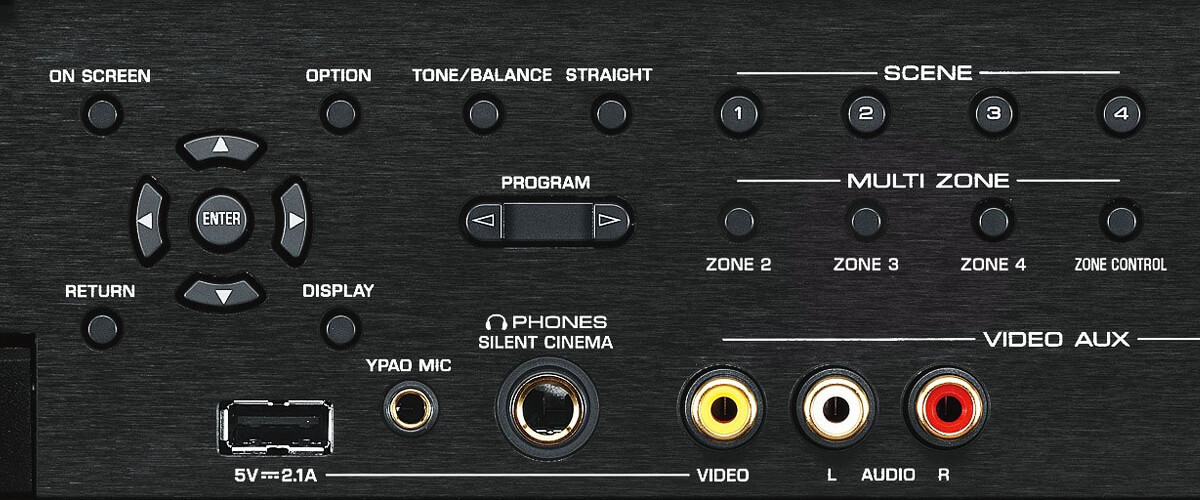
The world of receivers is very diverse and deep. Yet, DAC chips and powerful amplifiers are not something these units are known for. When choosing an AV receiver, you pick the brain of your home entertainment system, so pay attention to what features (Audio video formats and technologies) this device supports.
The more technologies the receiver has onboard, the more formats it supports, and the more different content it will be able to handle. After all, even if your device has a poor built-in amplifier, you can fix it by installing an external one. But in order to “squeeze” the maximum sound quality out of your system, everything must come together organically. The right speakers, the use of quality content, the right setup, and a good receiver will guarantee that maximum sound quality.

